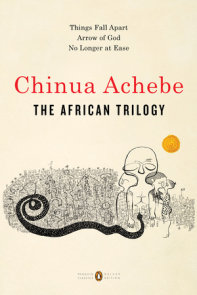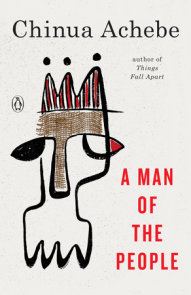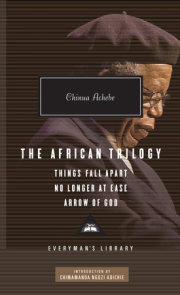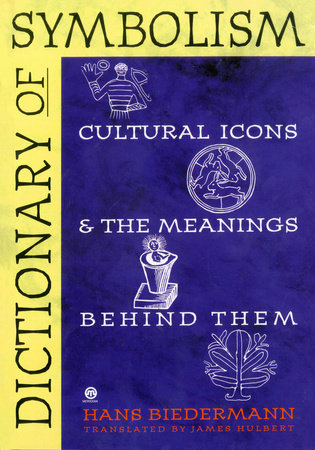

The Education of a British-Protected Child
By Chinua Achebe
By Chinua Achebe
By Chinua Achebe
By Chinua Achebe

-
$24.00
Oct 05, 2010 | ISBN 9780307473677
-
Oct 06, 2009 | ISBN 9780307272904
YOU MAY ALSO LIKE
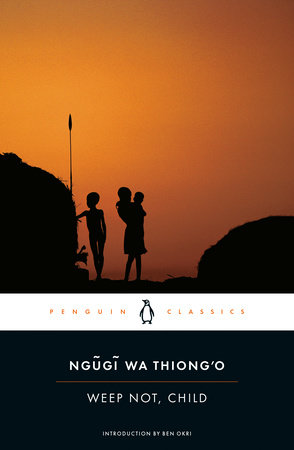
Weep Not, Child
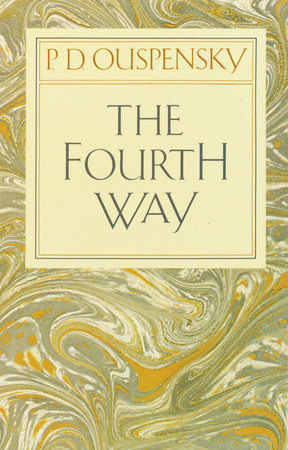
The Fourth Way
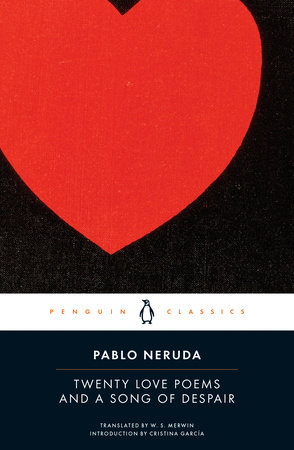
Twenty Love Poems and a Song of Despair
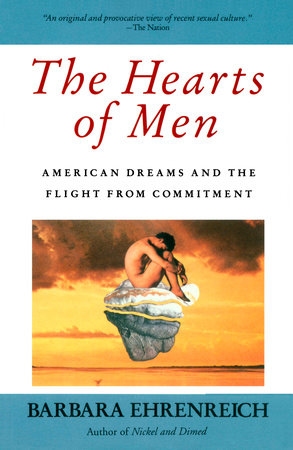
The Hearts of Men
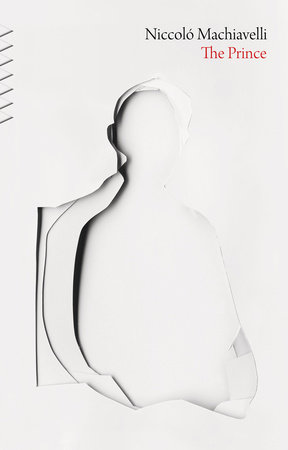
The Prince
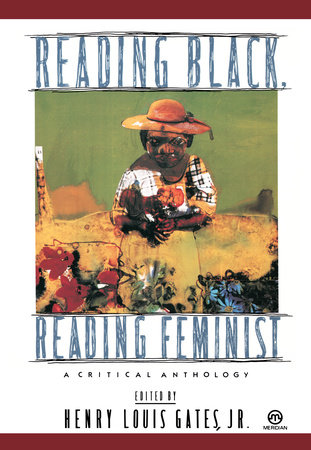
Reading Black, Reading Feminist
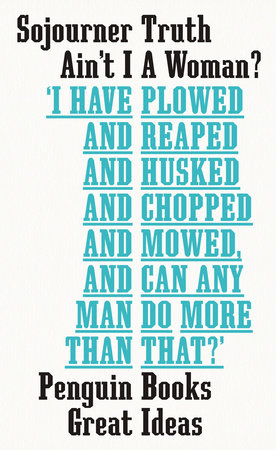
Ain’t I a Woman?
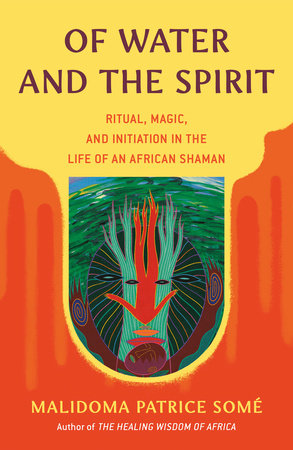
Of Water and the Spirit
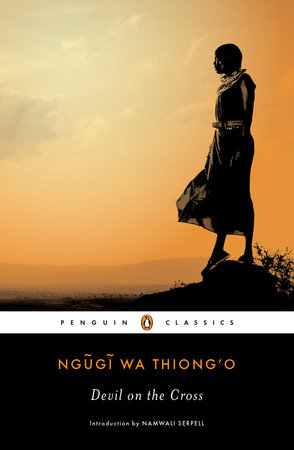
Devil on the Cross
Praise
“African literature is incomplete and unthinkable without the works of Chinua Achebe. For passion, intellect, and crystalline prose, he is unsurpassed.”
—Toni Morrison
“An eclectic and thorough view of Achebe in his longtime roles as writer, father, and teacher. [Written] with the same generosity and humility that have always distinguished his work. . . . [Achebe] strives to act and to write with empathy and nuance rather than with fanaticism. . . . [He writes] in his characteristically gentle narrative style, that way he has of seeming to be in casual conversation, discussing matters big and small with an interested and sympathetic companion.”
—The New York Times Book Review
“Measured but firm. . . . Achebe’s deeply humane intelligence reverberates.”
—Newsday
“Sharp and fresh. . . . Achebe’s assessment of colonial contact [has] gravitas and pathos. . . . He is one of world literature’s great humane voices.”
—The Times Literary Supplement (London)
“A welcome return. . . . [Achebe] writes firmly and vividly. . . . [He] tangles further, and profitably, with the obsessions that have defined his career; colonialism, identity, family, the uses and abuses of language.”
—The New York Times
“Quite wonderful: it gives the reader the feeling of sitting across the table and talking on easy terms with one of the world’s deepest and broadest literary minds, gaining insight into Achebe’s life and work, but also into Nigeria, colonialism, and the complicated interplay of European and African culture. . . . Rich and insightful.”
—The Buffalo News
“Timeless. . . . Achebe has stayed an engaged and provocative voice. There’s plenty of pluck and fight in this collection. . . . [His] arguments are well reasoned, interesting, and often engrossing.”
—The Associated Press
“This collection of beautifully written autobiographical essays reveals much about [Achebe’s] worldview.”
—The Christian Science Monitor
“[Achebe’s] essays range from the political to the historical to the personal, yet they are all projected through an intimate, biographical lens, thus making each a milestone on his long journey on this earth. . . . It is a mark of Achebe’s genius as a narrator that one could hear him many times on the same subject and never grow bored.”
—The Guardian (London)
“British protection assumed the humiliation and denial of dignity of colonialism but also allowed for the unpredictable in human affairs. . . . In all of these essays . . . Achebe generously locates and describes this unpredictable area.”
—The Boston Globe
“Achebe has discharged the burden of storyteller and intellectual with penetrating intelligence and sensitivity. . . . The essays reveal a characteristic awareness of history . . . and an intellectual temperament suspicious of fanaticism of any sort, secular or religious.”
—Financial Times
“The hero Achebe has become is not disassembled before us in these essays. If anything, he is, as an individual hero, remade. . . . [His] many personal anecdotes in The Education amount, in the end, to something like liner notes to the great songs of his novels.”
—Columbia Journalism Review
“Early in the book, Achebe states that his thinking occupies the ‘middle-ground’ which is ‘un-dramatic’ and ‘unspectacular.’ But don’t be fooled; his is a voice that roars. . . . There is much to admire about the life and mind of one of the world’s most important writers and thinkers.”
—The Independent (London)
“The essays, like his novels, are models of clarity, care and thoughtfulness. They are the product of a western-educated mind, but are suffused with an Igbo sensibility.”
—The Times (London)
“Surprising and revelatory . . . wise and scintillating. . . . Here style is substance as Achebe writes with generosity, reason, and elegant clarity about the perpetual struggles between tyranny and resistance, denial and remembrance.”
—Booklist
“For all the ferocity of Achebe’s argument, he never loses his sense of humour, his instinct for poetry, nor his belief in the resilience of the human spirit.”
—The Scotsman
Table Of Contents
Preface
The Education of a British-Protected Child
The Sweet Aroma of Zik’s Kitchen: Growing Up in the Ambience of a Legend
My Dad and Me
What Is Nigeria to Me?
Traveling White
Spelling Our Proper Name
My Daughters
Recognitions
Africa’s Tarnished Name
Politics and Politicians of Language in African Literature
African Literature as Restoration of Celebration
Teaching Things Fall Apart
Martin Luther King and Africa
The University and the Leadership Factor in Nigerian Politics
Stanley Diamond
Africa Is People
Notes
Acknowledgments
21 Books You’ve Been Meaning to Read
Just for joining you’ll get personalized recommendations on your dashboard daily and features only for members.
Find Out More Join Now Sign In







